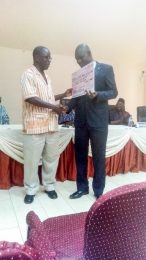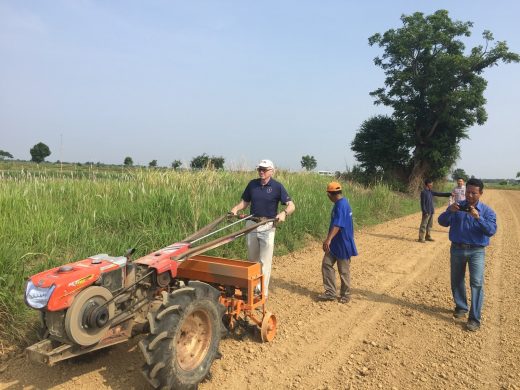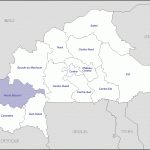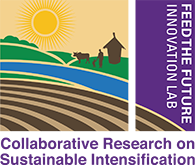
The Appropriate Scale Mechanization Innovation Hub-Burkina Faso recently received a nationally competitive grant to accelerate the process of scaling up the maize planter that was built and demonstrated at the Appropriate Scale Mechanization Field Hub in 2017. The submitted proposal, Mechanized Sowing of Maize with an Animal-Drawn Planter, was the top submission among 55 proposals received by the National Fund for Research and Innovation for Development (FONRID) in Burkina Faso. The proposal was in response to a call by FONRID for innovations poised to advance “Sustainable Intensification of Agro-Forestry and Pastoral Production.” After rigorous review by the Council of Science and Technology, it was concluded that the planter technology responds to an urgent need of smallholder farmers in their quest for national food security. The team received a grant of $18,666 that will supplement and accelerate the efforts to scale-up production and use of the planter (Fig. 1). FONRID’s support reaffirms that the Appropriate Scale Mechanization Consortium (ASMC) project is addressing an urgent agricultural need for smallholder farmers. Continue reading “Burkina Faso Innovation Hub Wins National Grant to Scale-Up Planter Technology”





